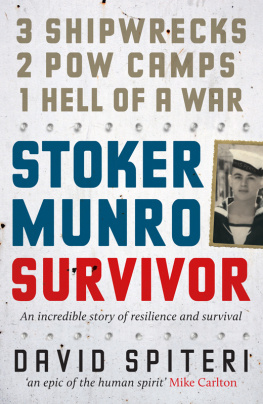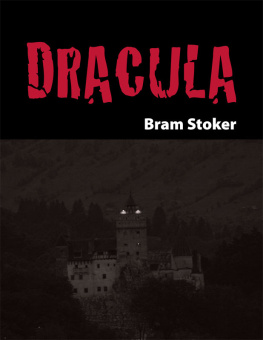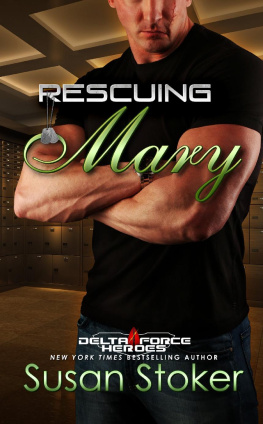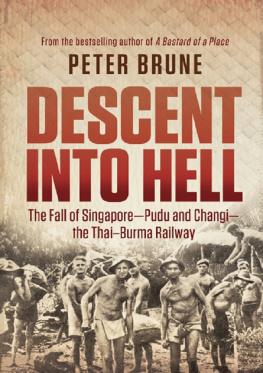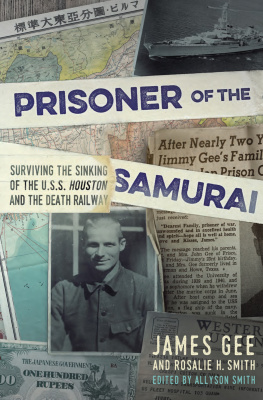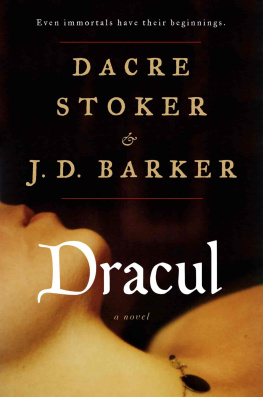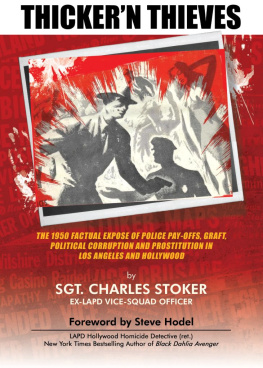HarperCollins Publishers
First published in Australia in 2014
This edition published in 2014
by HarperCollins Publishers Australia Pty Limited
ABN 36 009 913 517
harpercollins.com.au
Copyright David Spiteri 2014
The right of David Spiteri to be identified as the author of this work has been asserted by him in accordance with the Copyright Amendment (Moral Rights) Act 2000 .
This work is copyright. Apart from any use as permitted under the Copyright Act 1968 , no part may be reproduced, copied, scanned, stored in a retrieval system, recorded, or transmitted, in any form or by any means, without the prior written permission of the publisher.
HarperCollins Publishers
Level 13, 201 Elizabeth Street, Sydney NSW 2000, Australia
Unit D1, 63 Apollo Drive, Rosedale, Auckland 0632, New Zealand
A 53, Sector 57, Noida, UP, India
7785 Fulham Palace Road, London W6 8JB, United Kingdom
2 Bloor Street East, 20th floor, Toronto, Ontario M4W 1A8, Canada
10 East 53rd Street, New York, NY 10022, USA
National Library of Australia Cataloguing-in-Publication entry:
Spiteri, David, author.
Stoker Munro: Survivor / David Spiteri.
ISBN 978 0 7322 9891 3 (pbk)
ISBN 978 1 4607 0254 3 (epub)
Munro, Stoker.
Changi POW Camp (Changi, Singapore) Biography.
Burma-Siam Railroad.
World War, 1939-1945 Personal narratives, Australian
World War, 1939-1945 Naval operations, Australian.
World War, 1939-1945 Prisoners and prisons,
Japanese Biography.
World War, 1939-1945 Prisoners and prisons,
Australian Biography.
Prisoners of war Australia Biography.
940.547252
Cover design by Philip Campbell Design
Cover image: Stoker Lloyd Darby Munro, supplied by the author
Maps by mapillustrations.com.au
For the descendants, Australian and American, of the Java Rabble
The men who went to war in the light cruiser HMAS Perth were part of a remarkable generation of Australians. Perhaps our greatest generation.
Growing up, they had lived through the hardship of the great Depression of the early 1930s. They knew poverty: what it was for a family to go hungry at night; or the absence of a father gone to look for work; or the sorrow of a mother pawning her wedding ring.
They did not complain. Thats just how life was. Then, after the Depression lifted and times began to pick up, along came Hitler and Mussolini and the Second World War, just in time to catch this generation on the edge of adulthood.
Again they did not complain. They joined up to fight, not for flag-waving notions of King, Empire and Country, but because they had homes and families to defend. This motive, heartfelt, grew stronger and more visceral as the Japanese threat moved towards Australia in late 1941.
Few of Perth s crew were professional sailors, men who had sought a career in the navy. Some of the senior men were experienced seamen who had joined in peacetime. Others had been reservists, mucking around in gigs and whalers to earn a few bob at weekends. But most were raw recruits, unfamiliar with the sea and its ways, and still less aware of the perils and horrors of naval warfare. It is to their immortal credit that they met those dangers with unflinching resolve and courage.
Lloyd William Munro was one of those fresh-faced youngsters, a kid from Byron Bay on the NSW north coast. Mobilised for service by proclamation, as the navy called it, he reported for duty on the 27th of February, 1941, just over a month after his seventeenth birthday. He was listed as a Stoker Class III, the very bottom rung of the ladder literally, in his case, for his job would be far below decks in the engine room or boiler spaces, the very bowels of any ship that carried him to sea. The navy always quick to bestow a nickname inevitably called him Darby, after David Darby Munro, the most famous jockey of the day.
Perth was his first and only ship in the war, and he was with her when she died. It was just past midnight, the morning of Sunday the 1st of March, 1942. After a fight of quite extraordinary gallantry, Perth and the American heavy cruiser USS Houston were sunk by an overwhelming Japanese force in the Sunda Strait that separates the islands of Java and Sumatra.
The story of Darby Munros survival is an epic of the human spirit. David Spiteri a sailor himself has told it beautifully, with admiration and affection. In our time, when the word hero is flung around so lightly, this book reflects upon genuine heroism. We forget these stories and these lives at our peril.
Mike Carlton
Author of Cruiser, the Life and Loss of HMAS Perth
and Her Crew
BurmaSiam (Thailand) Railway
Route of Rakuyo Maru
List of illustrations
I first met Stoker Munro over 25 years ago at the Byron Bay bowling club in northern New South Wales, after I had retired from the Royal Australian Navy. Id heard he had also served in the navy but that was about all I knew. After almost twelve years of occasionally chatting over a beer, one day the HMAS Perth was mentioned and Stoker told me he had served on her. The penny never dropped for me as to what that meant coming from someone his age, but I did tell him I had also served on the Perth for four years and had an old Perth sailors cap tally band at home. Would he like it? In his dry voice he just said, Yeah, I lost my last one.
That afternoon a mutual friend, Nick Casey, said to me, You dont know Stokers story, do you?
No, I said. Can you tell me?
I couldnt believe what I heard and immediately thought that I would love to re-tell the retiring mans story. Stoker wasnt interested, plus I was writing another book at the time, so I left it at that. When my book The Prez was published a while later I approached him again. I told him I didnt want to portray him as a hero but that his story deserved to be told, to inspire a younger generation to never give up no matter what barriers may be thrown up against them. I must have worn him down because eventually he started to relate little things; even after 60 years his memory remained vivid, and at times no detail was too small. He always took a back seat to the events he described and was blessed with a natural gift for understatement. He could find the humour in a situation, even in the darkest times.
Recounting his stories, Stoker never wanted to dwell too much on the atrocities he experienced. Ive been sunk three times, once by the Japanese, once by the Yanks and once by the Aussies, he would quip. This easy line hid the sad truth of what Stoker Munro and thousands of other Allied soldiers and sailors endured serving for their country in World War II. Yet Stokers story is also unique. Aboard the Perth when it was torpedoed by the Japanese in 1942, Stoker survived drowning to be shipped to Changi; from Changi he went to work on the ThaiBurma Railway and survived that; from Thailand he was transported to Japan, where again the overcrowded rust-bucket vessel he was on attracted enemy fire this time from American subs. That he lived to tell his tale makes him one of the lucky ones.
Like many men of the time, he kept his war to himself. Sometimes when we were talking he would just stop and sit there I could only imagine what he was thinking, as he never showed any emotion. I have spoken to shipmates he served with after the war, as well as old friends who grew up with him in Byron Bay, and they all said the same thing: that he never discussed the war with them. Maybe he should have but that was his choice.

